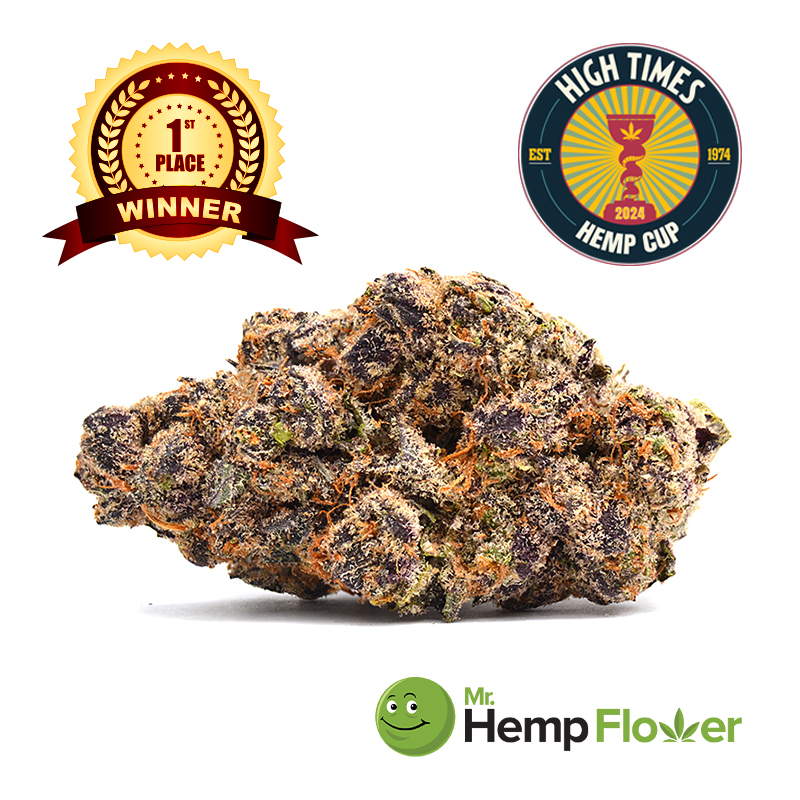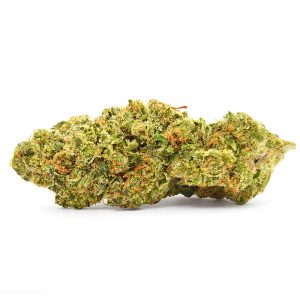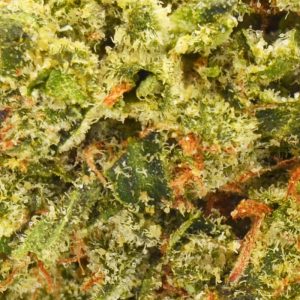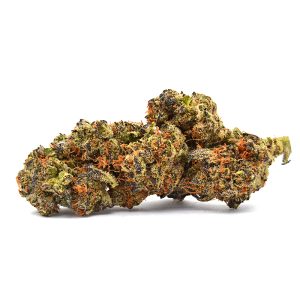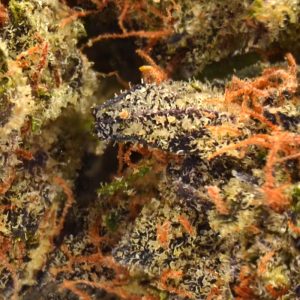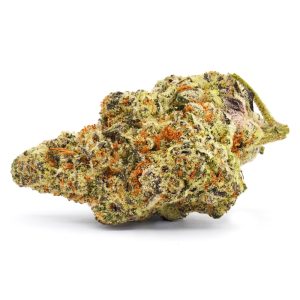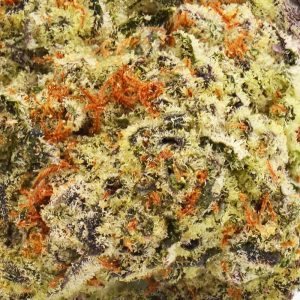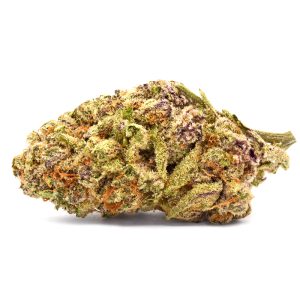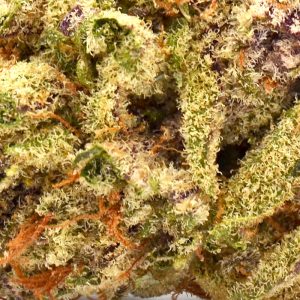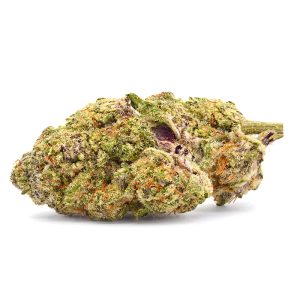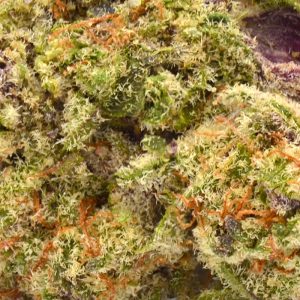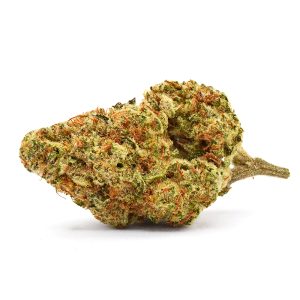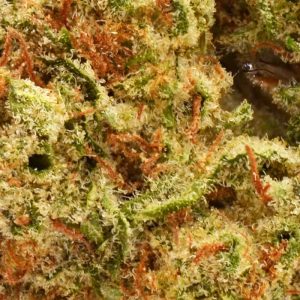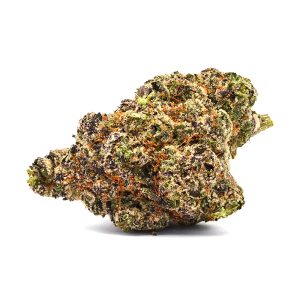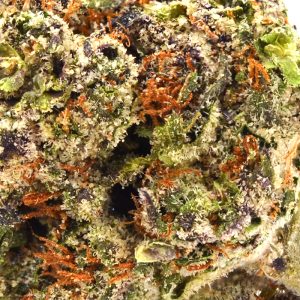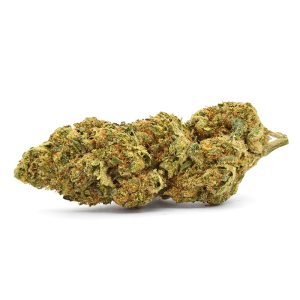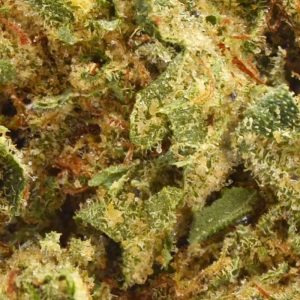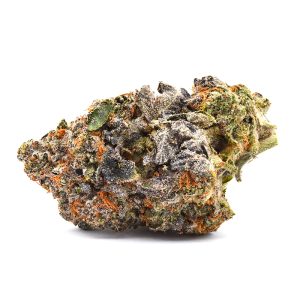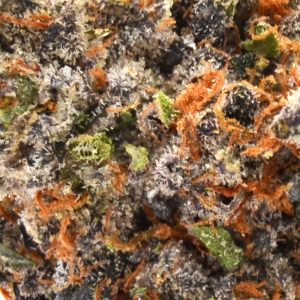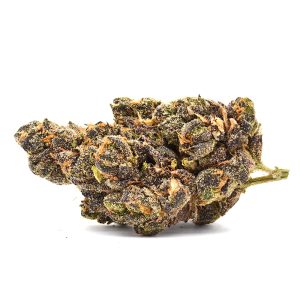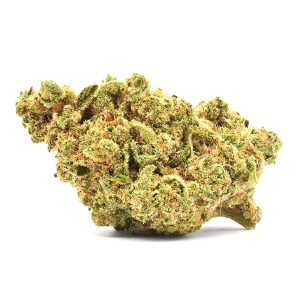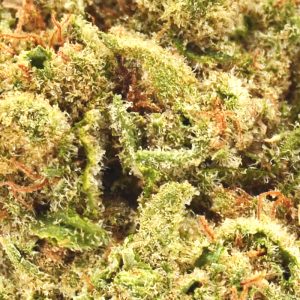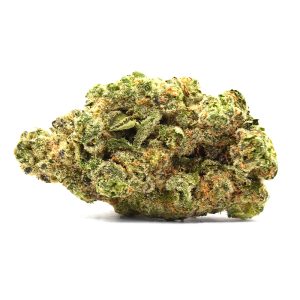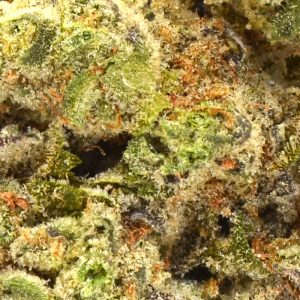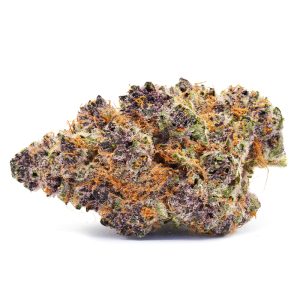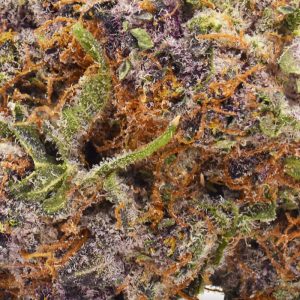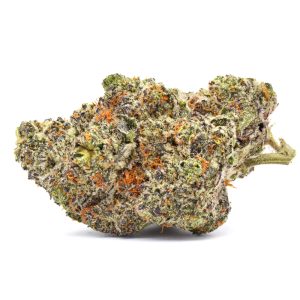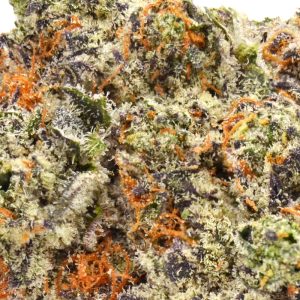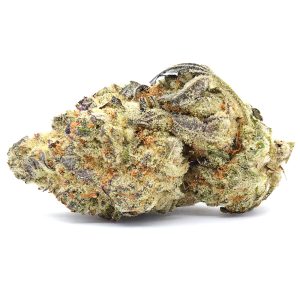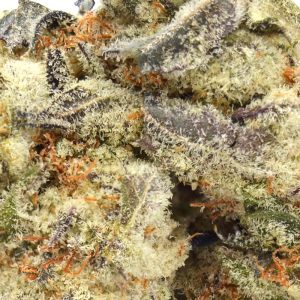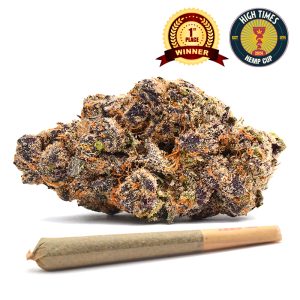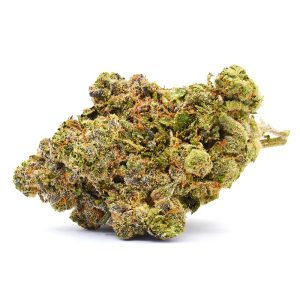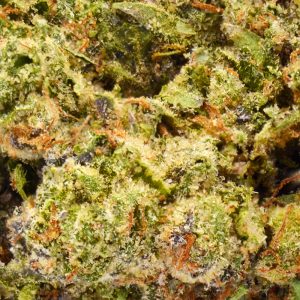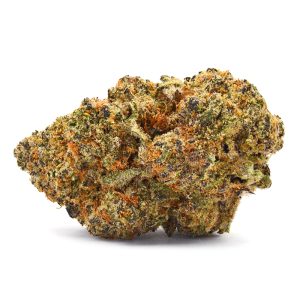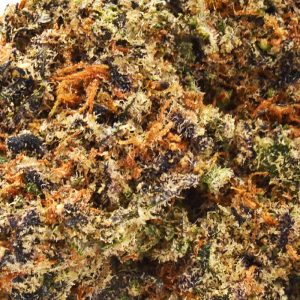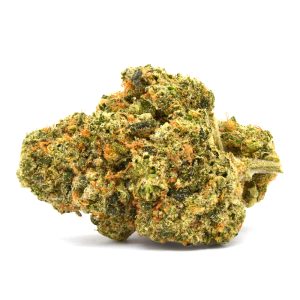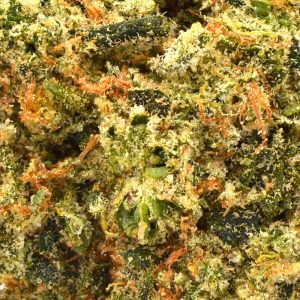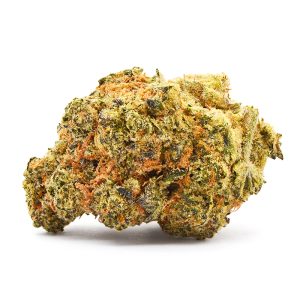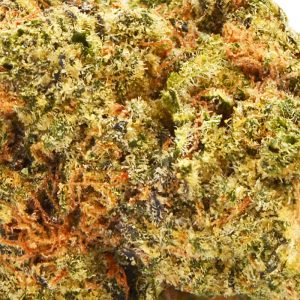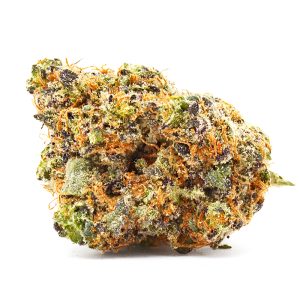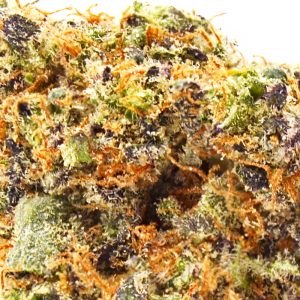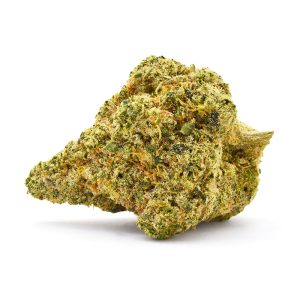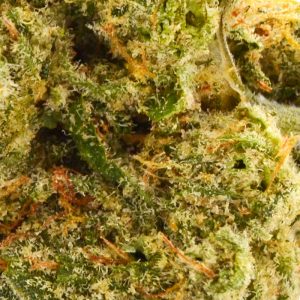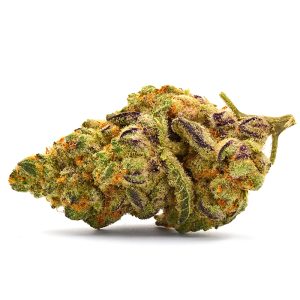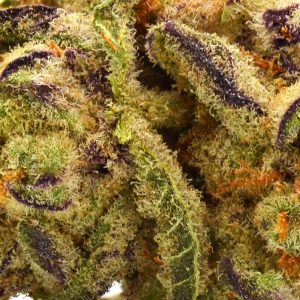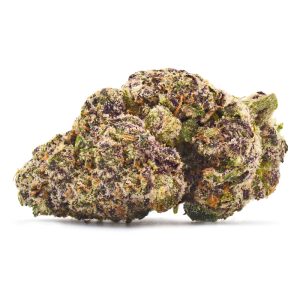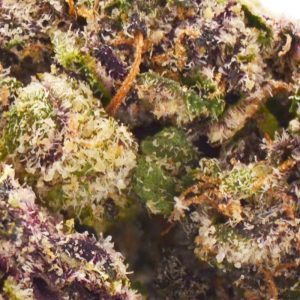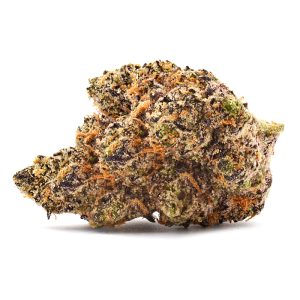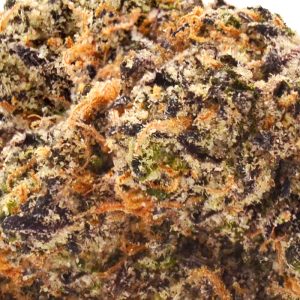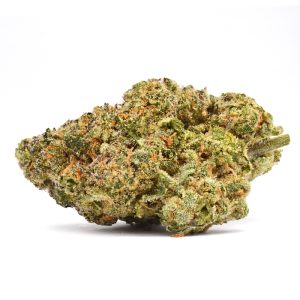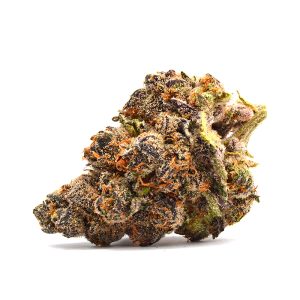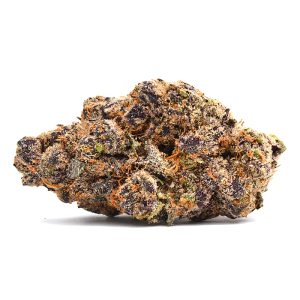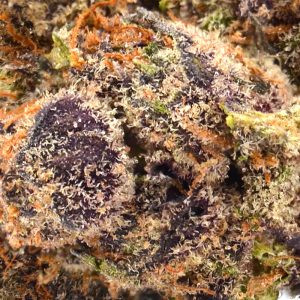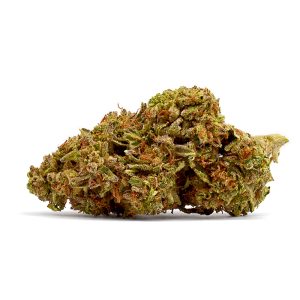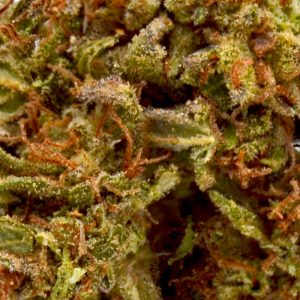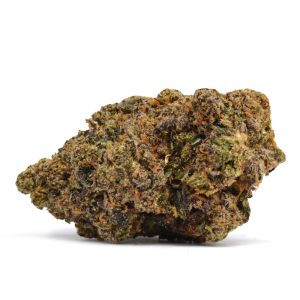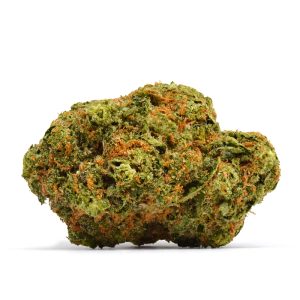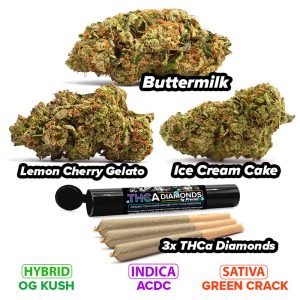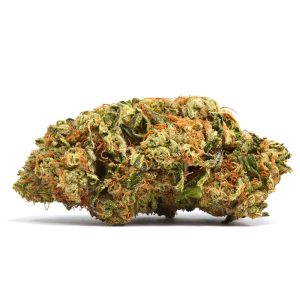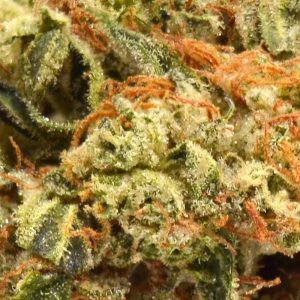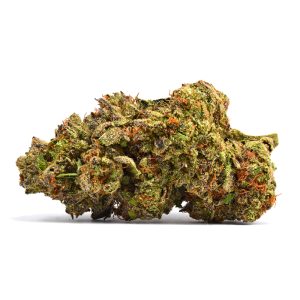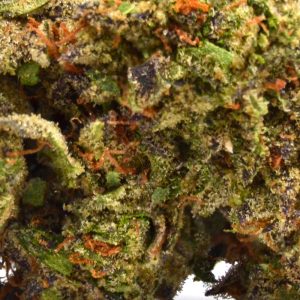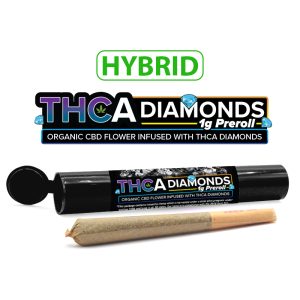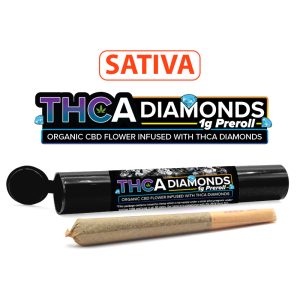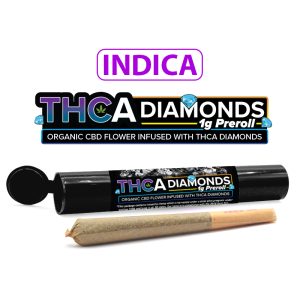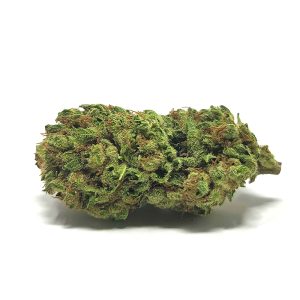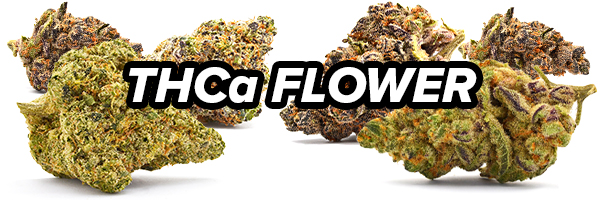
THCa Flower – Sativa, Indica and Hybrids
100% Legal Flower
USA-Grown Licensed Hemp Farms
Indica, Sativa, and Hybrid THCa Strains
20%-30% of Total THC Potency
Expertly Cultivated
Flower and 1 Gram THCa Prerolls Available
1st Place Winner of the High Times Hemp Cup! Peanut Butter Pie!!
Exploring the Benefits of THCA Flower
Have you ever wondered if there’s a way to experience the potential benefits of cannabis without the psychoactive effects? Enter THCA flower, a non-psychoactive cannabinoid that could be just what you’re looking for. In this comprehensive guide, we’ll explore the world of THCA flower, its science, health benefits, various forms, and much more. Get ready for a deep dive into this fascinating and promising cannabinoid.
Key Takeaways
- THCa is a unique cannabinoid with potential health benefits and no psychoactive effects.
- Different forms of THCA products are available, and selecting the right strain requires research.
- Proper storage, handling, cooking precautions should be taken when using for legal compliance and safety reasons
Understanding What This Flower Is
THCA, or tetrahydrocannabinolic acid, is a non-psychoactive cannabinoid found in the trichomes of live cannabis plants. Unlike THC, its more famous cousin, THCA does not produce intoxicating effects when consumed. This makes it an attractive option for those looking for potential health benefits without the “high” typically associated with consuming cannabis, especially when using hemp flowers.
You can find THCA in various forms, from raw thca cannabis buds to hemp-derived THCA products like tinctures and edibles. In its raw form, THCA hemp flower can be ingested as part of a dietary regimen, offering potential therapeutic benefits without the psychoactive properties.
However, when exposed to heat, such as smoking, vaping, or cooking, THCA undergoes a process called decarboxylation, converting it into the psychoactive compound THC.
Purchasing affordable THCa hemp flower online from trustworthy sources such as Mr. Hemp Flower could allow you to reap its potential benefits without experiencing intoxicating effects. It’s advisable to investigate the optimal strains and select a dependable provider to guarantee the receipt of top-notch, law-abiding products.
The Science
THCA is the acidic precursor to THC, found in raw cannabis plants. When exposed to heat, light, or the passage of time, THCA undergoes a process called decarboxylation, which transforms it into the psychoactive compound THC. This conversion is what produces the characteristic “high” associated with cannabis use.
To fully decarboxylate THCA and achieve its psychoactive effects, the cannabinoid needs to be heated, as in:
- smoking
- dabbing
- vaporizing
- cooking with cannabis flower
However, when consumed in its raw form, THCA remains non-psychoactive, providing potential benefits without the intoxicating effects.
Grasping the science behind THCA and its conversion to THC is vital for making educated choices about optimal consumption methods and ways to benefit from this distinctive cannabinoid. Whether you prefer raw ingestion or are interested in converting THCA to THC for the psychoactive effects, the choice is yours.
Health Benefits
This form of hemp is gaining attention for its potential health benefits, many of which are still being explored through ongoing research. Some of the potential benefits include its anti-inflammatory, neuroprotective, and anti-nausea properties.
These properties make it a promising option for those seeking natural relief without the psychoactive effects typically associated with cannabis use. In this context, “thca flower refers” to the non-psychoactive form of cannabis that contains THCA.
Consuming the flower raw, as in smoothies, salads, or simply ingesting the flower, allows users to potentially benefit from the non-psychoactive cannabinoid without converting it to THC. This makes it an attractive option for those who want to experience the potential therapeutic effects of cannabis without the intoxication.
Although further research is necessary to comprehensively grasp the range of THCA’s possible benefits, this non-psychoactive cannabinoid evidently shows potential across various health and wellness applications.
Different Forms
THCA products are available in various forms, providing users with multiple options for consumption and application. Some of the most popular products include flower, concentrates, edibles, and topicals.
As you explore the world of THCA, you’ll find options to suit your preferences and needs.
Whether you’re interested in smoking THCA, incorporating it into your diet through edibles, or applying it topically for potential localized relief, there is a product for every preference. Just like any cannabis product, conducting research and buying from trustworthy sources is vital to guarantee the acquisition of legal, superior-grade products.
Choosing the Right Strain for You
With numerous strains available, choosing the right one for you can be a daunting task. However, by considering factors such as your desired effects, potency, and personal preferences, you can find the perfect strain to suit your needs.
Strains can be categorized into three main types:
- Indica-dominant: Known for their calming and soothing effects, making them ideal for relaxation and stress relief.
- Sativa-dominant: Known for their energizing and uplifting effects, making them a popular choice for those seeking a boost in creativity or combating fatigue.
- Balanced hybrids: Offer a balance between the effects of Indica and Sativa strains, allowing users to experience a broader range of potential benefits.
In the process of selecting a strain, getting advice from informed sources, reading reviews, and experimenting with diverse strains may help you discover the one that suits you the most. Remember that everyone’s experience and preferences are unique, so what may work for one person may not work for another.
Proper Storage and Handling
Adhering to appropriate storage and handling methods is key to preserving the freshness and potency of your flower. Here are some tips:
- Keep your flower in an airtight container
- Store it away from light, heat, and humidity
- This will help preserve its quality and prevent degradation.
Improper storage can lead to a decrease in potency and overall quality of your flower, so it’s crucial to invest in good storage practices. By taking the necessary precautions, you can enjoy the potential benefits of your flower for an extended period.
Cooking
Incorporating THCA flower into your cooking can be a fun and creative way to experience the potential benefits of this unique cannabinoid. You can add flower to various recipes, such as smoothies, salads, and baked goods, allowing you to enjoy the cannabinoid in a delicious and convenient form.
If you’re interested in exploring the psychoactive effects of THC, you can also heat THCA hemp during the cooking process to convert it into THC. Remember to research the appropriate temperatures and cooking times for decarboxylation to ensure a successful conversion.
Cooking with THCA flower provides a versatile and enjoyable way to incorporate this fascinating cannabinoid into your daily routine.
Risks and Precautions
Just like any cannabis product, being cognizant of possible risks and precautions is important when using THCA hemp. One area of concern is drug interactions. If you’re currently taking medications, it is recommended to consult your healthcare provider or review the FDA regulations to understand how it may interact with your medications.
Another consideration is potential side effects. While THCA and THC share similar side effects, such as:
- dizziness
- increased heart rate
- dry mouth
- fatigue
- red eyes
It’s important to remember that each person’s experience may vary. It’s always a good idea to start with a low dose and gradually increase it as needed to find the most effective and comfortable dosage for you.
Lastly, be aware that consuming THCA hemp flower may result in a positive drug test, as the conversion to THC can occur in the body. If you’re subject to drug testing, exercise caution when using THCA hemp to avoid any unintended consequences.
Legal Status
The legal status of the THCA flower varies depending on state and local laws. However, it is generally considered federally legal as long as it is derived from industrial hemp with a THC content of 0.3% or less, as specified by the 2018 Farm Bill. Always ensure to check your local laws before purchasing and using THCA flower, as some states have explicitly prohibited THCA or other cannabinoids, making it crucial to understand it is legal in your area.
When buying THCA hemp, selecting a reputable THCA flower shop offering Farm Bill-compliant products is necessary to comply with the law and receive superior quality, safe products.
Stay informed about the legal status of THCA hemp in your area and enjoy the potential benefits of this unique cannabinoid with peace of mind.
The Future of THCA Research and Applications
As our understanding of THCA continues to grow, ongoing research and advancements in this field may lead to new therapeutic uses and increased popularity in the cannabis and wellness industries. The potential applications for THCA research are vast, ranging from studying its therapeutic effects in treating various medical conditions to exploring its use in opioid addiction treatment and veterinary medicine.
With the ongoing discoveries and growing interest in the potential benefits and applications of THCA, the future of this fascinating cannabinoid looks promising. As research progresses and breakthroughs are made, we can expect to see even more exciting developments and opportunities for THCA in the cannabis and wellness industries.
Summary
In conclusion, this flower presents a world of possibilities for those seeking the potential benefits of cannabis without the intoxicating effects. With various forms, strains, and applications available, there’s a THCA product for every preference and need. As research continues to uncover the full potential of this unique cannabinoid, we can look forward to new and exciting developments in the cannabis and wellness industries. So, why not explore the world of THCA hemp flower and discover the potential benefits it may hold for you?
Frequently Asked Questions
What is a THCA flower?
THCa Flower refers to cannabis buds marketed as hemp, which are intended for smoking or vaping. They contain high concentrations of tetrahydrocannabinolic acid (THCa) and low levels of D9 (not exceeding 0.3% by dry weight).
THCa is the non-psychoactive form of THC, the main psychoactive component of cannabis. It is not intoxicating, but it does have therapeutic benefits. It is believed that it is believed that it is true.
How powerful is THCA?
THCa is an inactive form of THC, but when heated, it converts to a more powerful compound. This has resulted in suppliers offering THCa crystals and concentrates which can be used to create potent results.
What is the difference between HHC and THCA?
THC is a more potent cannabinoid than HHC and is known for its intense psychoactive effects. HHC produces a milder high and provides long-lasting relief from symptoms.
Both cannabinoids have therapeutic benefits, but the effects of THC only last a few hours whereas HHC’s can last up to 12 hours.
Is It flower legal in all 50 states?
THCA flower with less than 0.3% delta-9 THC is federally legal, though some states may have laws that consider it illegal.
Therefore, THCA hemp is not necessarily legal in all 50 states.
What is the main difference between THCA and THC?
THCA is non-psychoactive and therefore does not produce any psychoactive effects, while THC is the primary compound responsible for the psychoactive effects experienced when consuming cannabis.
THC is the main psychoactive component of cannabis, and it is responsible for the “high” that is associated with cannabis use. However, THCA is not psychoactive and does not produce any psychoactive effects.

